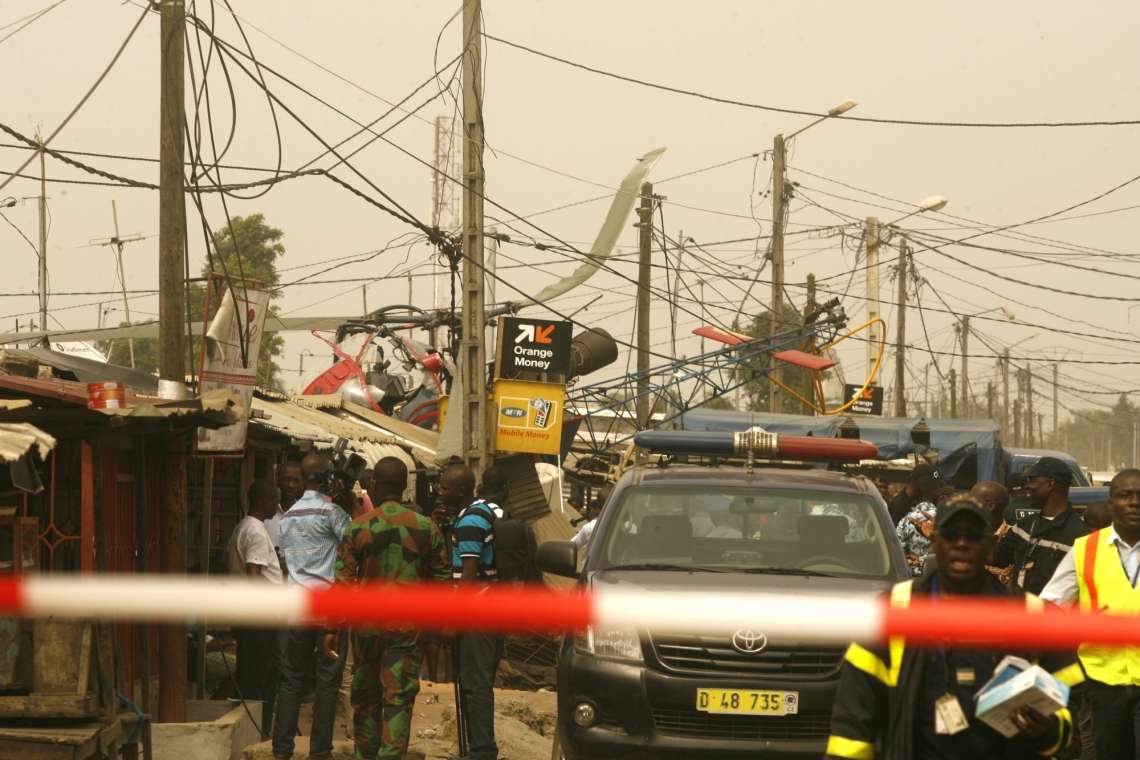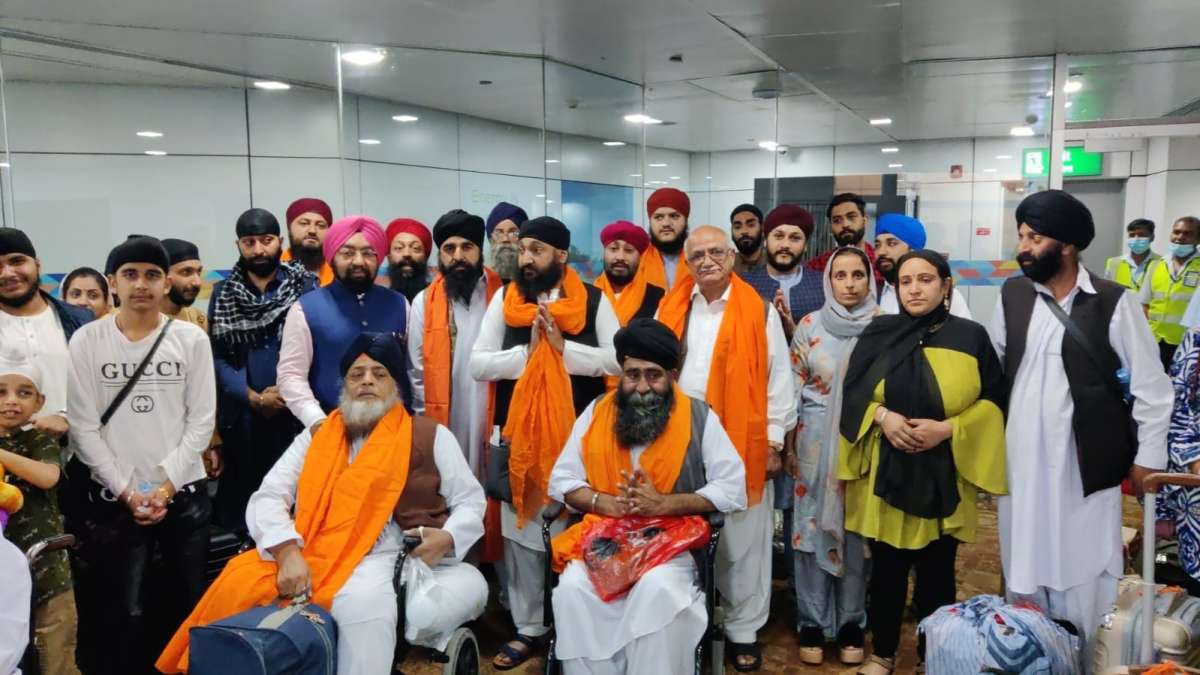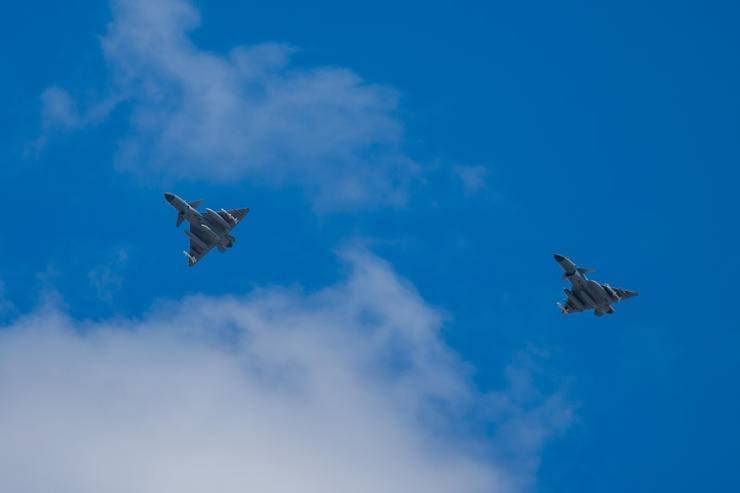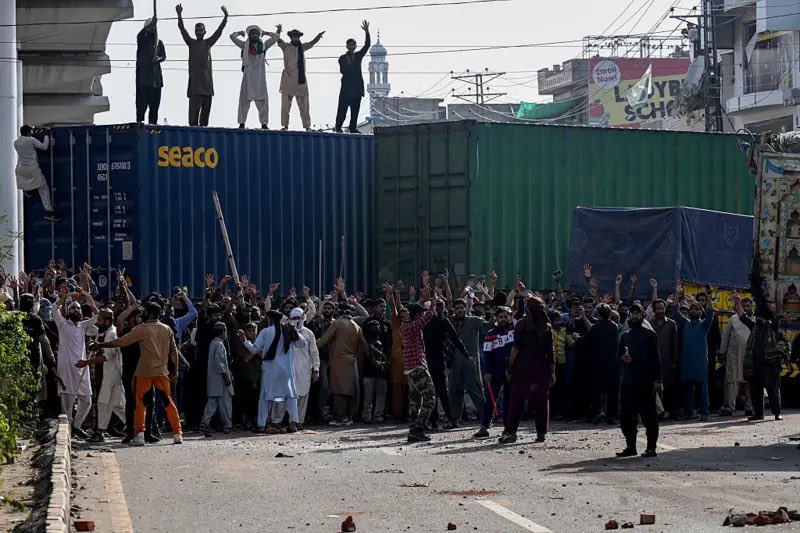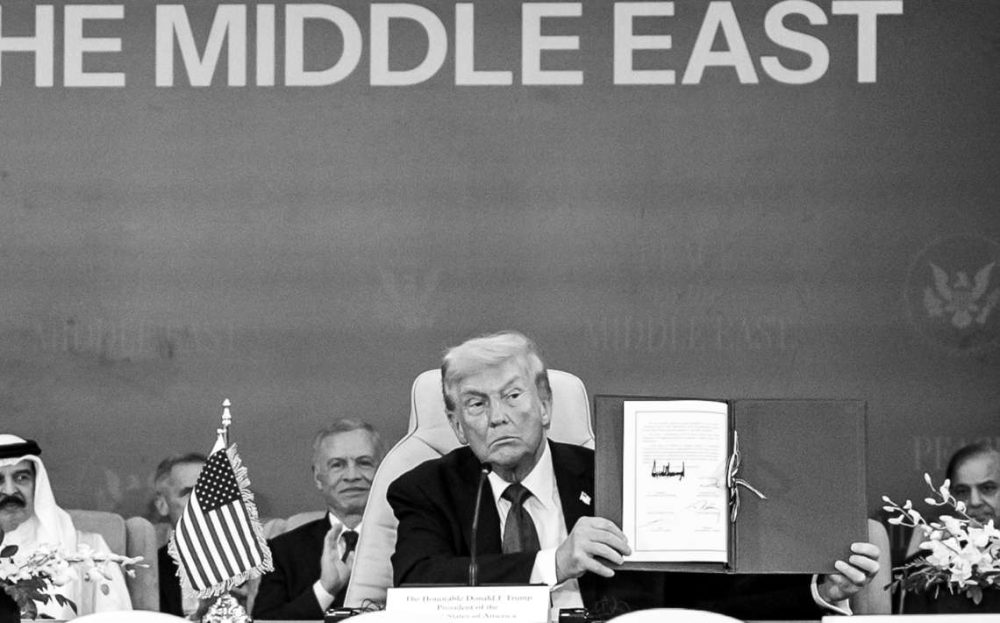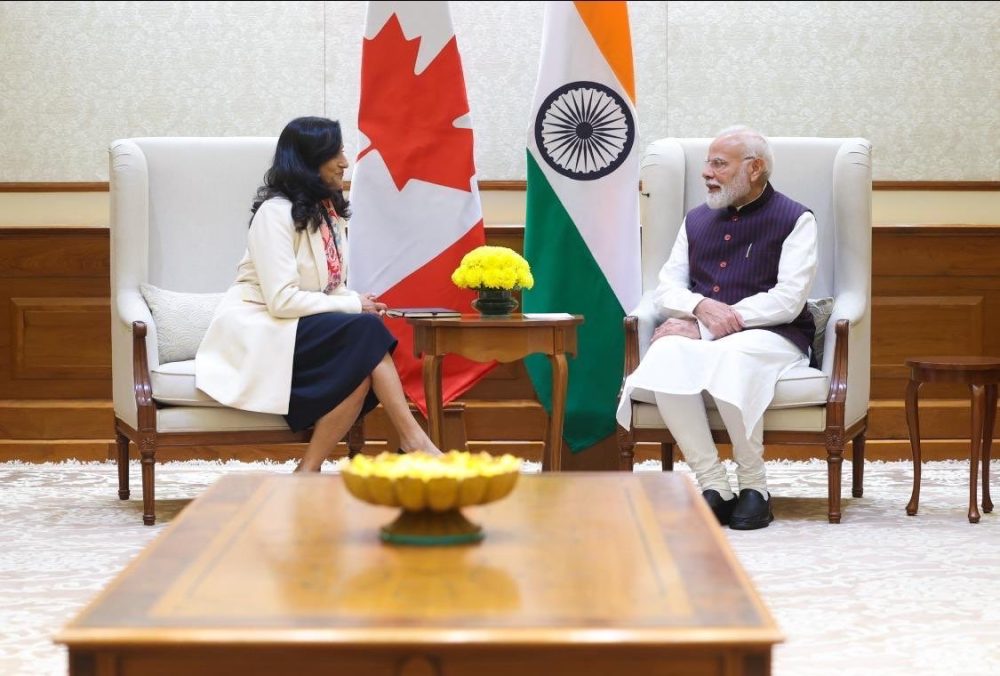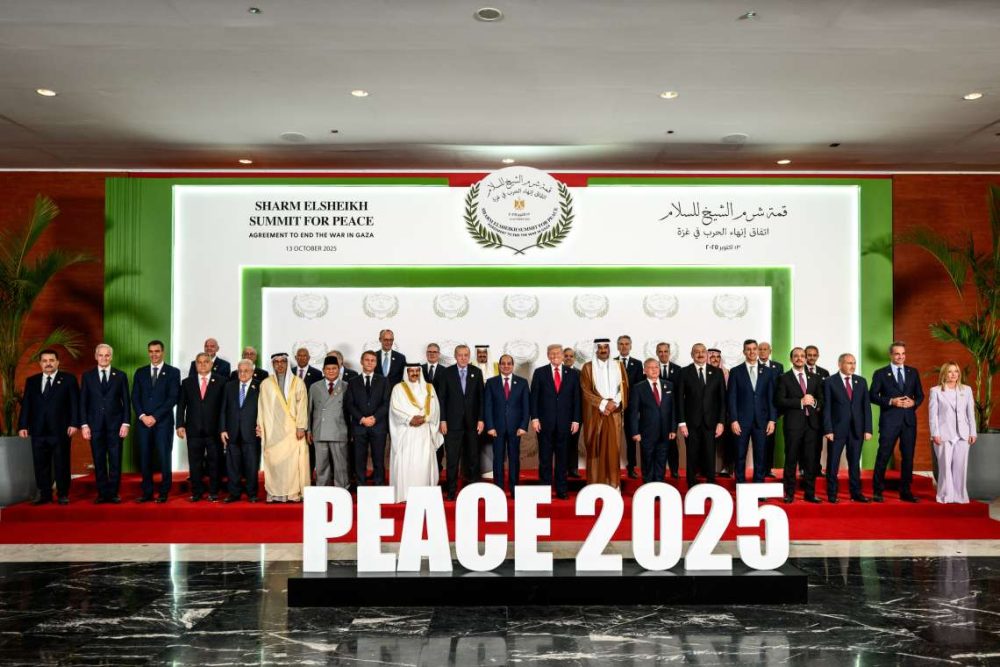Financial experts have asserted that the BRI has become a big contributor to the debt distress in Africa and the rest of the world…reports Asian Lite News
After eyebrows were raised on China’s debt trap policy under its Belt Road Initiative (BRI), it announced a loan waiver for African countries to change the narrative, however, the amount of these loans was not even 1 per cent of its total lending to the continent, forcing the poor countries to continue to suffer.
The recent cancellation of 23 loans to 17 African countries is not complete cancellation of these loans but just a waiver of the outstanding balance. So these loans are likely to be those that were nearing their end, which means the African countries would continue to suffer under China’s poor debt trap policy.
The Chinese government with its debt trap policy has offered loans to various African countries with higher interest rates that continue to add to the economic woes of the poor African countries.
China has recently emerged as a major lender in more than 32 African countries including Angola ($21.5 billion in 2017), Ethiopia ($13.7 billion), Kenya ($9.8 billion), Republic of Congo ($7.42 billion), Cameroon ($5.57 billion) and Zambia reaching $11.2 billion in 2019.
Financial experts have asserted that the BRI has become a big contributor to the debt distress in Africa and the rest of the world.
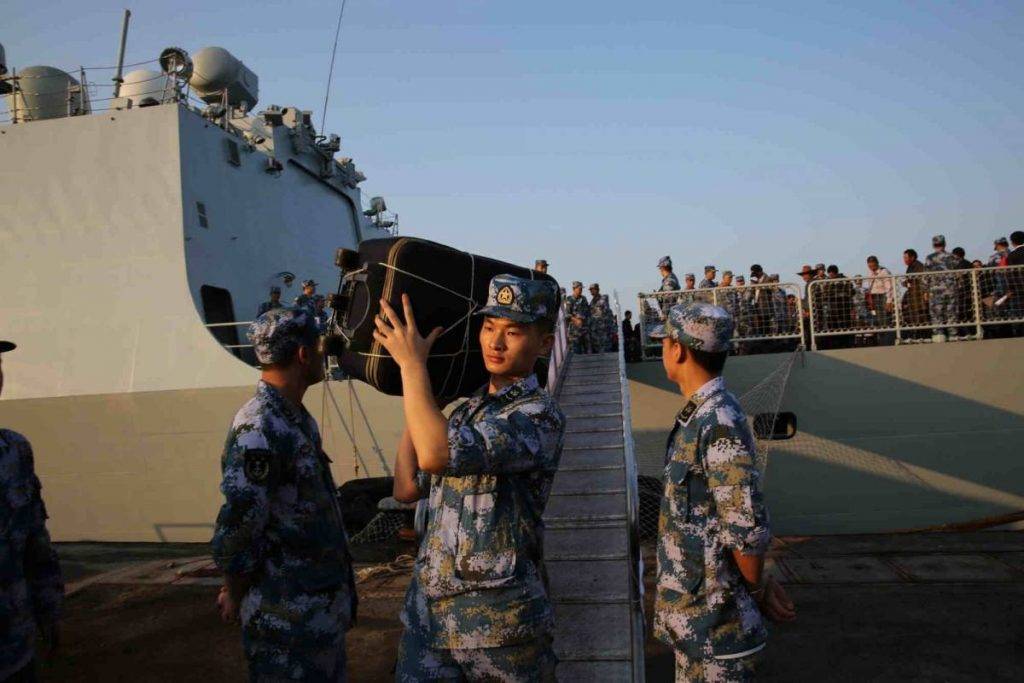
Over the last few years, China has extended a total of 1,188 loans to various African countries, which amount to a total sum of USD159.9 billion in loans, according to data compiled by the Global Development Policy Center of the Boston University.
Of the loans, a majority of loans have been extended for transportation and power generation projects, as has been the pattern of Chinese investment elsewhere.
However, as many as 27 of these loans, that amount to USD 3.5 billion have been extended toward defence-related projects. Of these, 13 loans have been provided to the country of Zambia alone, which has received a total loan amounting to USD 2.1 billion exclusively for defence purchases.
Ghana, Cameroon, Tanzania, Zimbabwe, Sudan, Sierra Leone and Namibia are other recipients of Chinese defence-related loans.
China’s debt trap policy BRI is often criticised which China is alleged to be using to take control of vital installations in other countries and expand its military presence,the European Times reported.
The economic crisis in Sri Lanka and the deteriorating financial situation in Pakistan has been linked to the stringent conditions of BRI loan repayment.
Think tank Centre for Strategic and International Studies said while the BRI is crucial for development but “China’s hostile economic practices, military expansion, and coercive political and ideological tactics in Africa should not be ignored.”
A report by the US Secretary of States aid the BRI projects became unsustainable due to heavy economic and environmental costs,the European Times reported.
“Largely debt-financed, 23 China’s projects in Africa often fail to meet reasonable international standards of sustainability and transparency, and burden local economies with heavy debt and other problems,” reads the report.
The elite group of G7 countries has time and again slammed the harsh terms of financing for the BRI loans. They made frequent references to the “debt trap” that made Beijing uneasy. Moreover, they proposed an alternative to the BRI, which would be sustainable and transparent.
This and what is happening in Sri Lanka and Pakistan caused the world to look at the BRI with suspicion. Thus, Beijing played a trick of loan cancellation in Africa, observers believed.
China has been cancelling interest-free loans for decades. Hannah Ryder, chief executive of Beijing -based Development Reimagined, said the debt forgiveness move was “the lowest hanging fruit” which helped Beijing hide the harsh repayment conditions of the other bulk BRI loans, the European Times reported.
Harry Verhoeven, senior research scholar at Columbia University, asserted that China tried to counter the debt-trap narrative by forgiving the 23 African loans. “It is not uncommon for China to do something like this [forgive interest-free loans] … now obviously it is connected to the overall debt-trap diplomacy narrative in the sense that clearly there’s a felt need on the part of China to push back,” he said.
Political economist Shahar Hameiri said Chinese loans are given in a hurry, skipping the important part of analysing debt sustainability.”Chinese lending has contributed to debt problems in a number of countries, although it is not necessarily the only or even the primary cause as in Sri Lanka,” Hameiri said, as quoted by the European Times.
Many African countries have voiced their concerns over the unsustainable BRI loans. Zambia has already cancelled its foreign loans which mainly constitute Chinese ones to stop aggravating its debt distress. This means 14 projects under the BRI are withdrawn.




